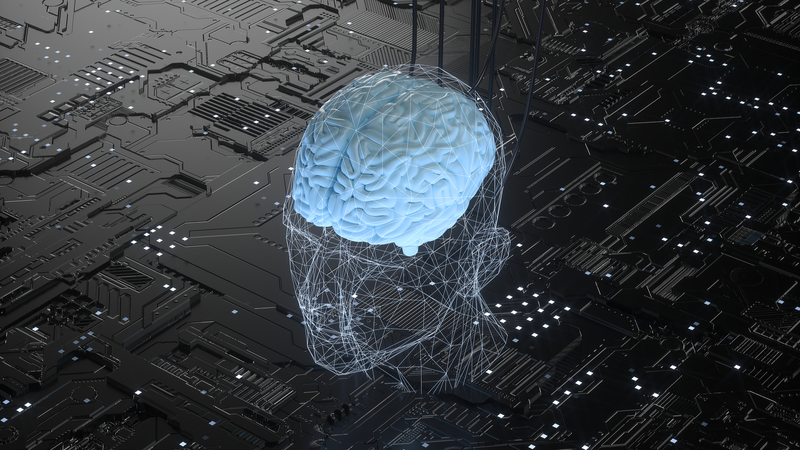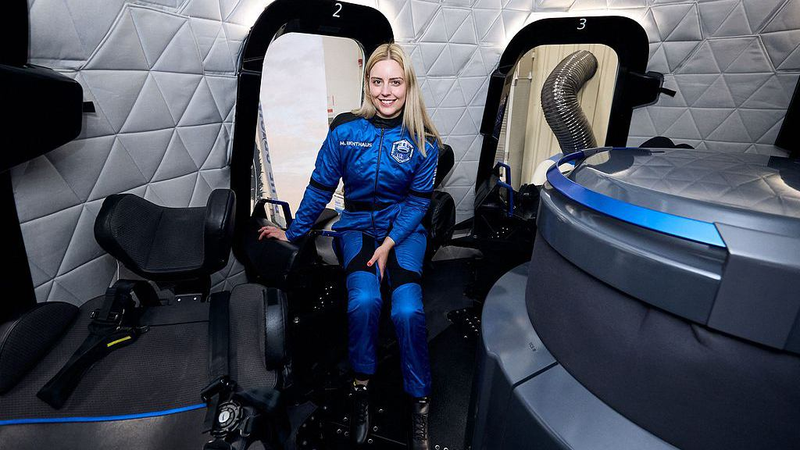Sudden cardiac death can occur without warning, especially in young adults with inherited heart conditions. Now, U.S. researchers at Johns Hopkins University have created an AI model, MAARS, that spots hidden warning signs with unprecedented accuracy.
Called the Multimodal AI for Ventricular Arrhythmia Risk Stratification (MAARS), the system merges contrast-enhanced MRI scans with health records to uncover patterns that clinicians often miss.
In a study published in Nature Cardiovascular Research, MAARS achieved an overall accuracy of 89 percent in predicting sudden cardiac death, compared to the roughly 50 percent rate of current clinical guidelines. For patients aged 40 to 60, the model reached 93 percent accuracy, a crucial improvement for the group at greatest risk.
Rather than relying on traditional risk scores, MAARS applies deep learning to detect subtle scarring in heart tissue from MRI images. These insights, when paired with a patient's medical history, power a prediction engine that can differentiate high-risk cases with far greater confidence.
Quick facts:
- Clinical guidelines accuracy: about 50 percent
- MAARS accuracy: 89 percent overall, 93 percent for age group 40–60
- Focuses on hypertrophic cardiomyopathy
'Currently, we have patients dying in the prime of their life because they aren't protected, and others who are putting up with defibrillators for the rest of their lives with no benefit,' said senior author Natalia Trayanova. 'We have the ability to predict with very high accuracy whether a patient is at very high risk or not.'
'Our study demonstrates that the AI model significantly enhances our ability to predict those at highest risk compared to our current algorithms, and thus has the power to transform clinical care,' added co-author Jonathan Chrispin.
The team plans to expand testing to a broader patient population and adapt the algorithm to other heart diseases, from cardiac sarcoidosis to arrhythmogenic right ventricular cardiomyopathy. If successful, MAARS could become a new standard in preventive cardiology.
As AI continues to reshape medicine, MAARS offers a promising step toward safeguarding patients from sudden cardiac death, turning hidden data into life-saving insights.
Reference(s):
cgtn.com




